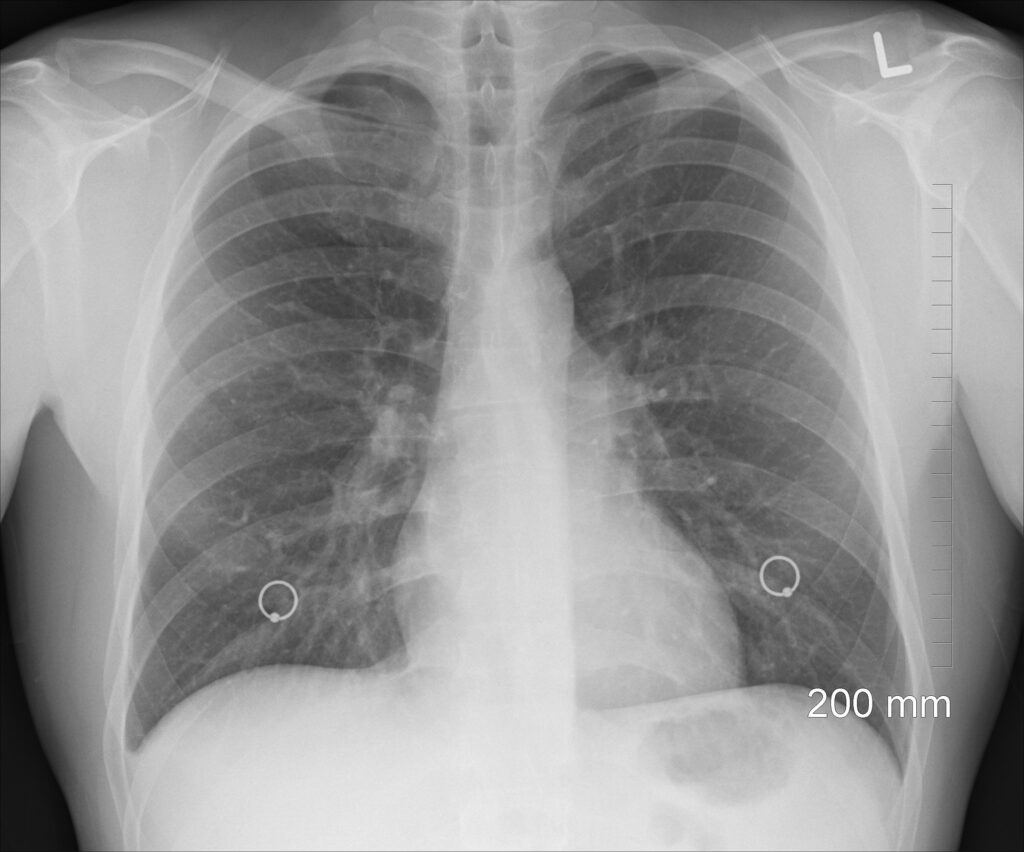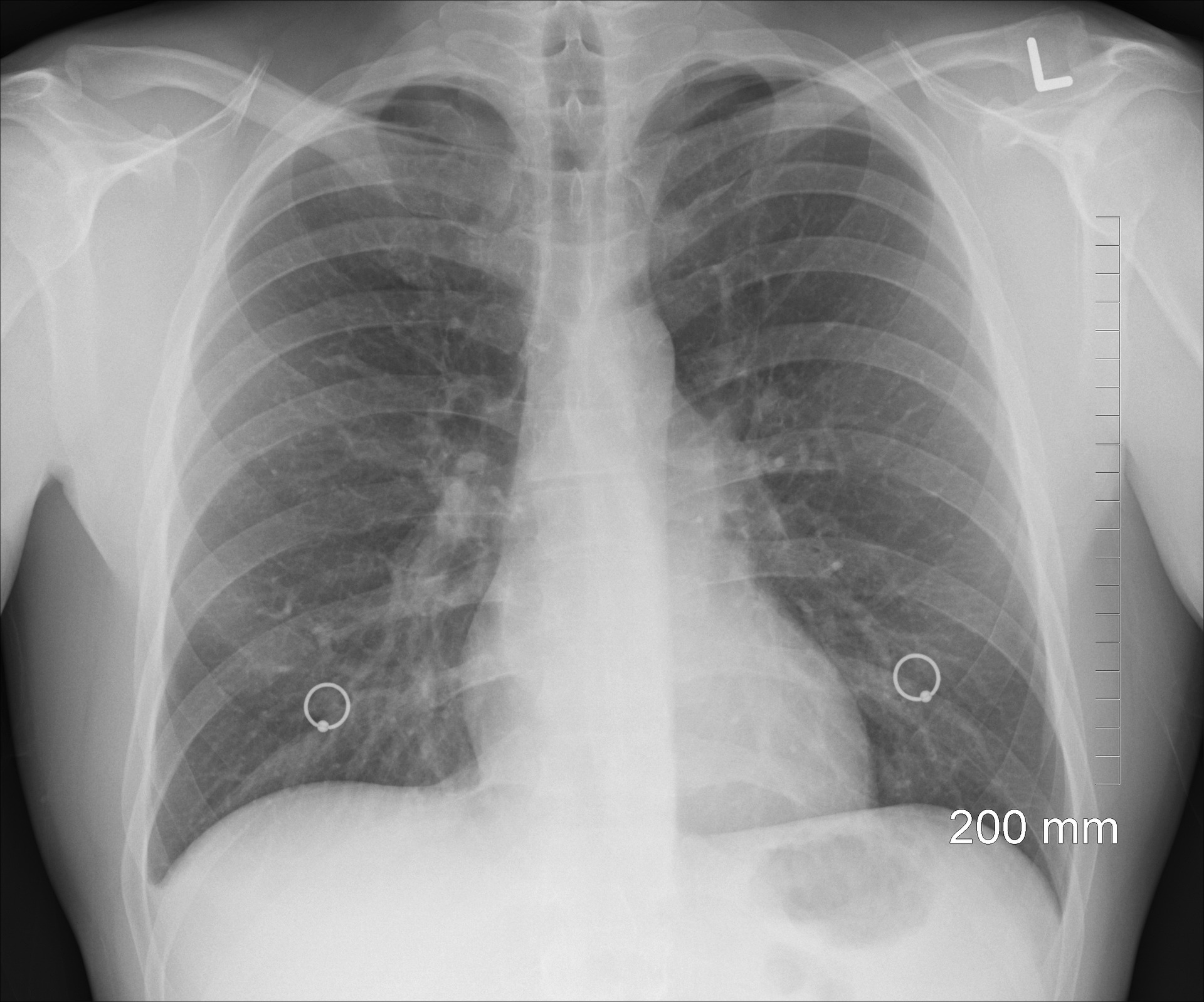“Unveiling Lung Cancer Secrets: A Must-Read Guide for Non-Smokers!”
Title: “Understanding Lung Cancer: Risks, Symptoms, and Prevention for Non-Smokers”

In recent years, awareness of lung cancer has expanded beyond the confines of smoking, emphasizing the importance of recognizing its risks and symptoms among non-smokers. Despite the common misconception that lung cancer exclusively affects smokers, non-smokers are equally susceptible to this debilitating disease. In this article, we delve into the essential aspects of lung cancer, shedding light on its prevalence, symptoms, risk factors, and preventive measures for non-smokers.
Lung Cancer: Breaking the Misconception
Contrary to popular belief, lung cancer does not discriminate based on smoking history. While smoking remains a significant risk factor, a considerable number of lung cancer cases occur in individuals who have never smoked or have minimal smoking exposure. It’s imperative to dispel the myth that lung cancer is solely a smoker’s disease and recognize that non-smokers can also be vulnerable.
Understanding the Scope of Lung Cancer
Lung cancer ranks as one of the most prevalent forms of cancer globally, with alarming statistics highlighting its impact. In the United Kingdom alone, approximately 34,800 individuals succumb to lung cancer annually, underscoring its status as a leading cause of cancer-related deaths. Each day, an average of 95 lives are claimed by this relentless disease, emphasizing the urgent need for heightened awareness and proactive measures.
Unveiling the Risk Factors
While smoking remains the primary risk factor for lung cancer, several other factors contribute to its development among non-smokers:
 Second-Hand Smoke Exposure: Inhalation of second-hand smoke significantly increases the risk of lung cancer, underscoring the importance of avoiding environments where smoking occurs.
Second-Hand Smoke Exposure: Inhalation of second-hand smoke significantly increases the risk of lung cancer, underscoring the importance of avoiding environments where smoking occurs.- Exposure to Heavy Metals: Environmental pollutants such as asbestos, arsenic, and chromium pose substantial risks, highlighting the need for minimizing exposure to industrial pollution and hazardous substances.
- Radon Gas Exposure: Radon gas, prevalent in certain regions like Southwest England and Wales, contributes to a notable percentage of lung cancer cases, necessitating radon testing for residential properties.
- Genetic Predisposition: Family history plays a crucial role in determining an individual’s susceptibility to lung cancer, warranting heightened vigilance among those with a familial predisposition.
- Lung Diseases: Certain lung diseases and treatments like chemotherapy or radiotherapy may elevate the risk of developing lung cancer, necessitating comprehensive monitoring and management strategies.
Recognizing the Symptoms
Early detection is paramount in combating lung cancer and improving treatment outcomes. Non-smokers should be vigilant of the following symptoms:
- Persistent cough
- Coughing up blood
- Breathlessness
- Chest pain
- Unexplained weight loss
- Fatigue
- Recurrent respiratory infections
- Back, neck, or shoulder pain
- Loss of appetite
- General malaise

Empowering Non-Smokers: Prevention Strategies
Minimizing the risk of lung cancer among non-smokers involves adopting proactive preventive measures:
- Avoiding Tobacco and Second-Hand Smoke: Refraining from tobacco use and minimizing exposure to second-hand smoke are fundamental in reducing lung cancer risk.
- Environmental Awareness: Being mindful of environmental pollutants and taking steps to limit exposure to heavy metals and harmful substances can mitigate risks.
- Radon Testing: Conducting radon surveys for residential properties helps identify potential exposure risks and allows for timely interventions.
- Healthy Lifestyle Choices: Embracing a healthy lifestyle characterized by regular exercise, balanced nutrition, and adequate antioxidant intake fosters overall well-being and reduces cancer risk.
- Routine Screening and Check-Ups: Regular health screenings and consultations with healthcare professionals enable early detection of potential health concerns, facilitating prompt intervention and treatment.
Conclusion
In conclusion, lung cancer poses a significant health threat to non-smokers, necessitating comprehensive awareness, vigilance, and preventive strategies. By debunking misconceptions, recognizing diverse risk factors, and embracing proactive measures, non-smokers can empower themselves in mitigating the risk of lung cancer and promoting optimal health and longevity. Together, let us strive towards a future where lung cancer is no longer a formidable adversary, but a conquerable challenge through collective awareness and action.




